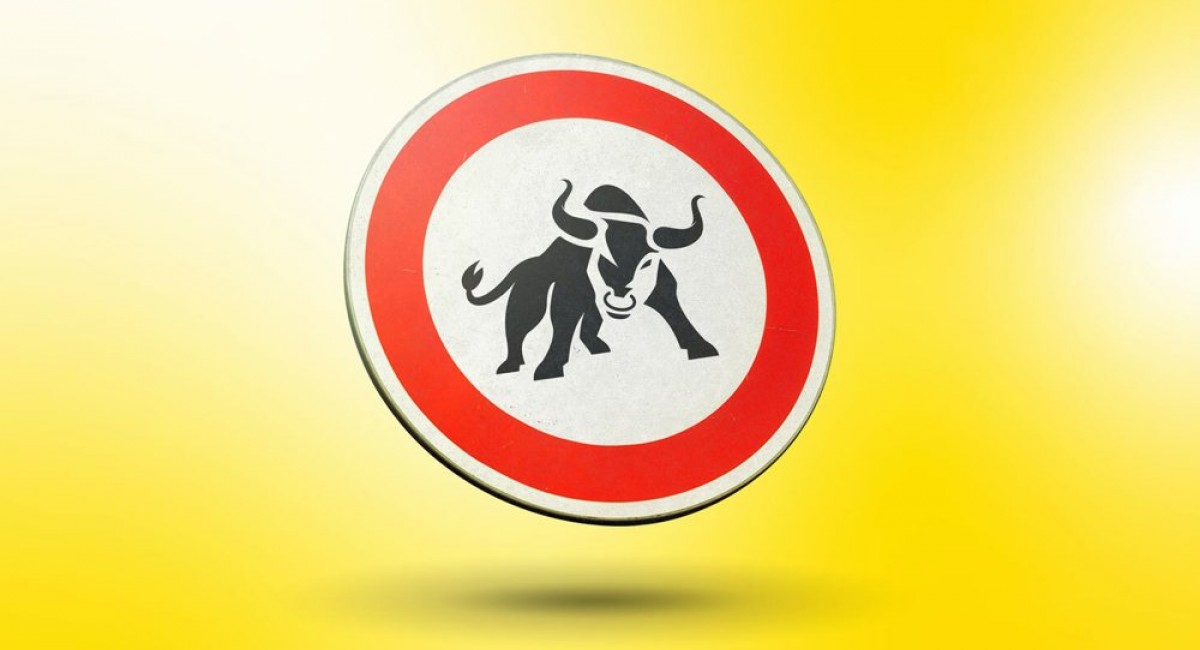SEARCH
Cyberbullying: How parents and children can protect themselves

SHARE IT
November is a month when cyberbullying is widely discussed around the world with events such as World Day Against Bullying and Bullying, the week dedicated to fighting it in the UK, and countries uniting to stand up to it. cyberbullying.
Kaspersky experts have collected a series of tips for parents and children on what to do if they are bullied and how to protect themselves.
What kids can do to protect themselves from cyberbullying
- Set private settings
Parents teach children not to talk to strangers on the street. So why are we not talking about the same rule, but about the online space? If it is possible to completely protect yourself from the neighborhood bully, it is also possible to do it on a personal account in social networks.
- Don't answer
Reacting with insults will escalate the situation. It's also not worth trying to talk to the person who is bullying you without the involvement of adults. Ignore them – it's the only way to protect yourself from further contact, abuse and other similar situations.
- Block the attacker, complain to the site administrators
Many websites and all social networks can add a user to a blocked user list. Contact the site administrators with a request to block the promoter.
- Take screenshots
The information may be useful if you need to contact law enforcement. You can also discuss the problem with the offender's parents or explain the possible consequences to them in person.
- Temporarily delete or disable your personal account
Getting off social media for a while can help you breathe and focus on yourself. Additionally, if bullies see that a user is not responding, they may lose interest in a potential victim as they will not have any reaction. The most important thing is not to blame yourself because of this situation.
Tips for parents
- Support and trust are key elements
If children are experiencing cyberbullying, parents can help them. But at the same time, according to various researches, it is a common situation when children do not share such problems with parents. However, parents can pay attention to possible signs if their children are being bullied. In particular, it can be problems sleeping or eating, crying or sadness with irritability or avoiding school. Withdrawal from normal recreational activities that children once enjoyed.
- Banning is not the answer
Banning the use of social media or the internet is not the perfect solution to the issue of cyberbullying. Such a step can complicate relations with any child as he can become distant, withdrawn, less sociable. It may be much more effective to help them take a critical attitude towards the situation, to "disconnect" the bully's messages from the children's personality. In addition, such situations can help children understand what is happening as an experience that will help them acquire skills to deal with cyber-aggression and manipulation.
- Keep in touch with kids online
Another good option can be to keep in touch with your child on social networks and instant messengers. It can help control children's posts and better understand their situation.
- Don't turn down digital help
Today's technology also comes with a number of parental controls that help protect children from harmful or inappropriate online material. Parents can also take advantage of third-party apps that offer protection from harmful content, as well as allow them to set usage time limits, monitor their online activity, or even track their location with GPS.
MORE NEWS FOR YOU

 Help & Support
Help & Support 
